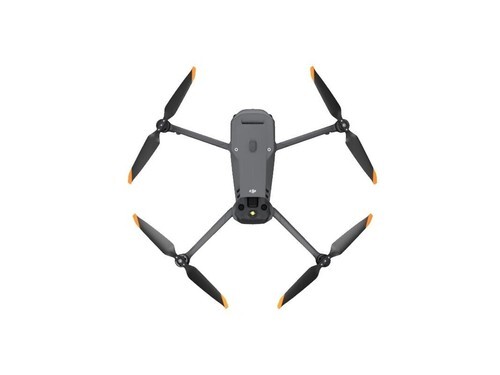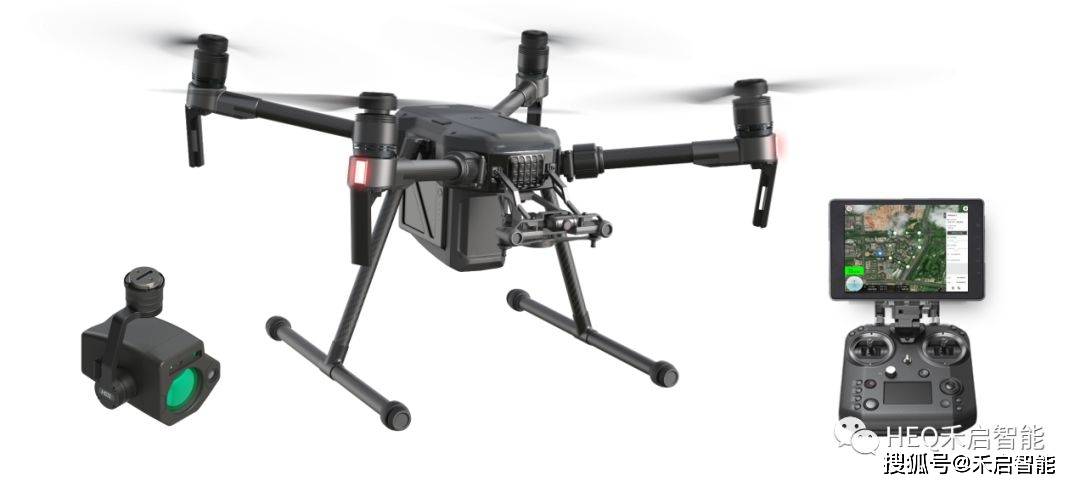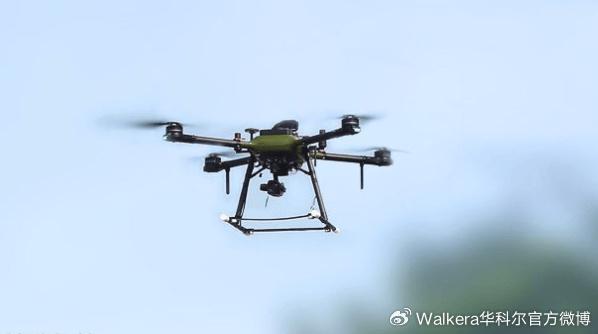The world of UAV drone training is rapidly evolving, providing exciting opportunities for enthusiasts and professionals alike to master the art of drone handling. To truly excel in UAV usage, it’s important to invest in comprehensive training programs that cover essential aspects, from basic flight skills to advanced navigation techniques. This guide aims to shed light on the various components that make up a successful drone training program.
Understanding UAV Drone Training
Drones, also known as UAVs (Unmanned Aerial Vehicles), have become increasingly popular due to their versatility and functionality. Whether you are using drones for photography, surveying, or delivery services, having the right skills is imperative.
The Importance of UAV Drone Training courses
Professional training programs offer structured learning paths, ensuring that operators understand the technicalities of flying drones safely and legally. With the rising demand for UAVs in various industries, trained drone pilots are considered highly valuable.
Components of Effective Training Programs
- Theoretical Knowledge: Understanding drone mechanics and airspace regulations lays the foundation for safe operations.
- Practical Sessions: Hands-on experience helps in mastering control and maneuverability.
- Simulator Training: Offering a controlled environment, simulators are ideal for practicing without the risk of damaging actual equipment.
- Advanced Techniques: Subjects like aerial photography, data collection, and drone fleet management enhance overall proficiency.
Additionally, UAV training courses often include preparation for certification exams, emphasizing the legal aspects of drone operations and ensuring adherence to aviation standards.

Navigating the Drone Training Landscape
Selecting the right training program depends on your goals and current skill level. Beginner courses typically focus on basic flight controls and safety regulations, while advanced courses delve into specialized areas such as thermal imaging or long-range operations.
Researching accredited schools and seeking recommendations from experienced pilots can help in making an informed decision. Ensure the program is recognized by aviation authorities and offers certification upon completion.
Comprehensive drone training not only equips operators with the necessary skills but also boosts confidence, making it possible to undertake complex aerial tasks efficiently.
Enhancing Career Prospects Through UAV Training

The surge in drone usage has created numerous career opportunities in fields ranging from agriculture and construction to media and emergency services. Participating in detailed training programs enhances your employability and opens doors to lucrative job prospects.
Frequently Asked Questions
What types of UAVs are covered in these training programs?
Most training courses cover popular models used in professional and recreational settings, including multi-rotor drones like quadcopters.
Is certification mandatory for operating drones?
Certification requirements vary by jurisdiction. However, obtaining a recognized certification is highly recommended as it demonstrates proficiency and compliance with local regulations.
How long does it take to complete a UAV drone training program?

Duration varies based on course complexity and frequency of classes. Beginner courses can span a few weeks, whereas advanced programs may take months to complete.
